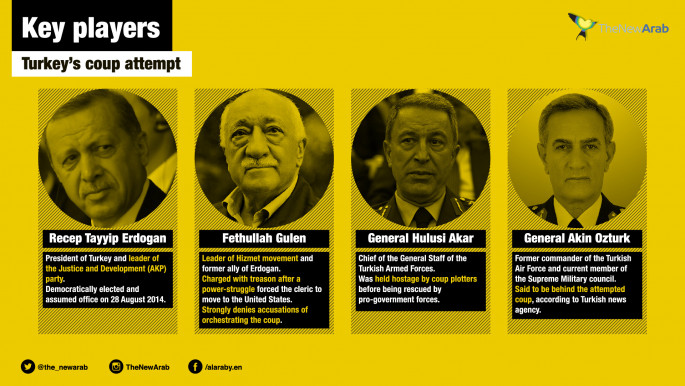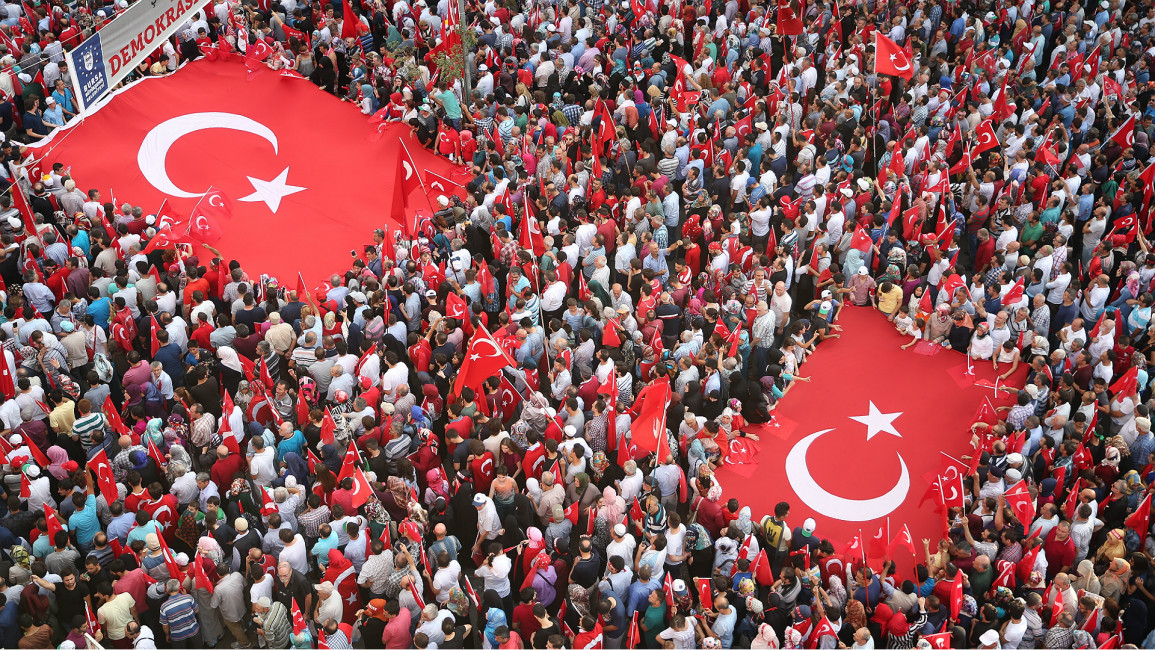Turkey to release 38,000 prisoners, freeing space for plotters
President Recep Tayyip Erdogan's government will allow the release of inmates who have two years or less to serve of their prison terms and makes convicts who have served half of their prison term eligible for parole.
The move was "not an amnesty," Bozdag said in a series of messages on Twitter, adding that it will not apply to convicts guilty of murder, terrorism or state security as well as the thousands jailed after the putsch which took place on July 15.
"The regulation refers to crimes committed before July 2016. The crimes committed after July 1, 2016 are outside its scope," Bozdag said.
"As a result of this regulation, approximately 38,000 people will be released from closed and open prisons at the first stage."
The timing means that it is impossible that anyone detained for complicity in the coup can be released as part of the mass parole move.
There have been reports in Turkish media that jails in the country were suffering severe overcrowding due to the influx of tens of thousands of prisoners in the wake of the failed July 15 coup.
 |
|
According to Turkish officials, over 35,000 people have been detained since the coup attempt although almost 11,600 of them have since been released.
It is likely that releasing convicts not linked to the coup will make room for the alleged coup plotters who still face trials and heavy jail sentences.
The government says the failed coup, which led to at least 270 deaths, was carried out by followers of the movement led by US-based Muslim cleric Fethullah Gulen who have infiltrated the military and other state institutions.
Gulen has denied the charges and has called for an international inquiry into the failed coup.
| Read more: Two life sentences plus 1,900 years for Turkey's Gulen |
The Turkish government declared a state of emergency and launched a massive crackdown on Gulen's supporters in the aftermath of the coup. Some 35,000 people have been detained for questioning and more than 17,000 of them have been formally arrested to face trial, including soldiers, police, judges and journalists.
Tens of thousands more people with suspected links to Gulen have been suspended or dismissed from their jobs in the judiciary, media, education, health care, military and local government.
The government crackdown has raised concerns among European nations and human rights organisations, who have urged the Turkish government to show restraint.
Agencies contributed to this report


![President Pezeshkian has denounced Israel's attacks on Lebanon [Getty]](/sites/default/files/styles/image_684x385/public/2173482924.jpeg?h=a5f2f23a&itok=q3evVtko)



 Follow the Middle East's top stories in English at The New Arab on Google News
Follow the Middle East's top stories in English at The New Arab on Google News


